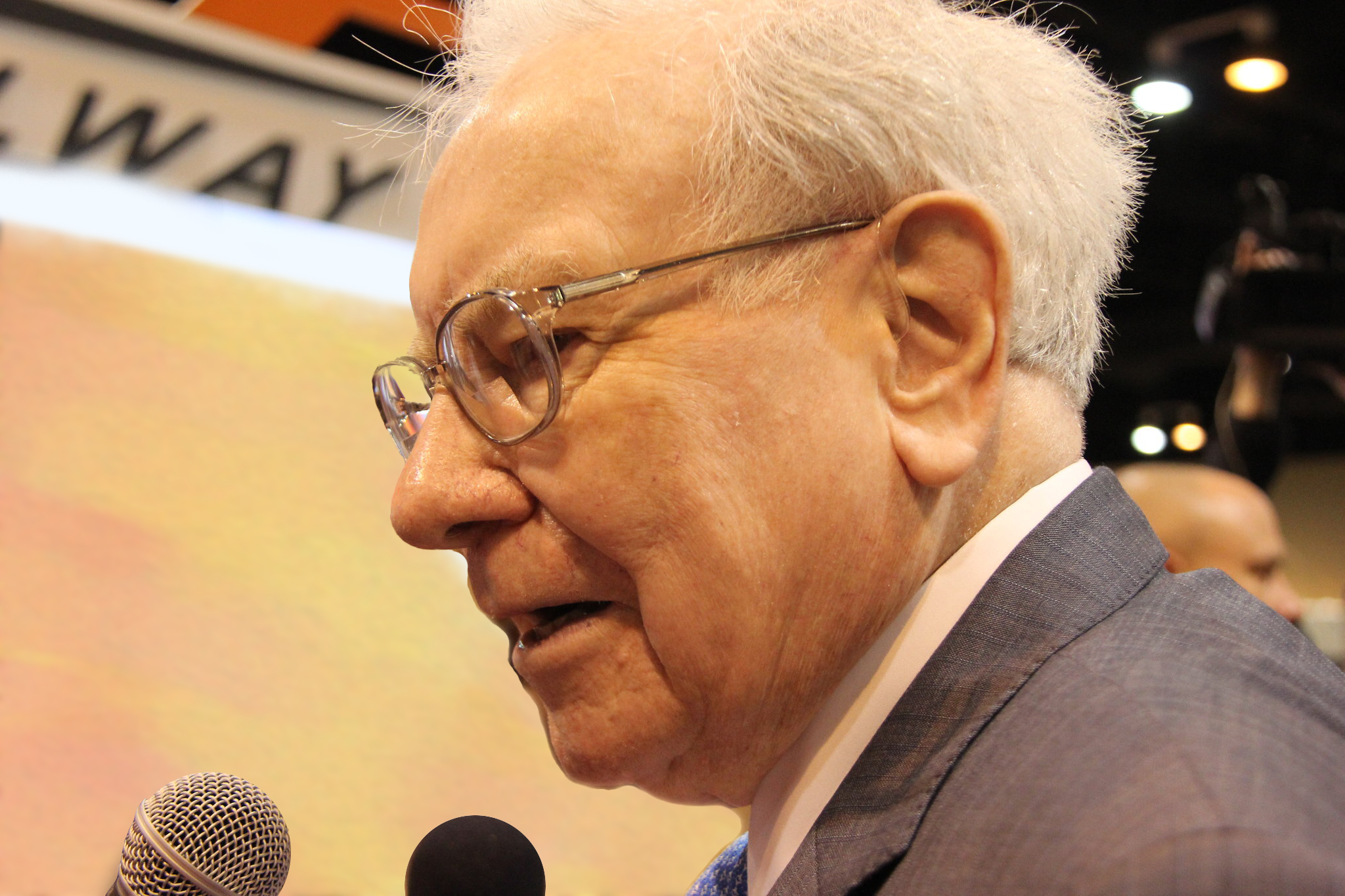Warren Buffett and Berkshire Hathaway (BRK.A 1.79%)(BRK.B 1.60%), the company he runs, hold a special place in Wall Street history because of the incredible returns provided to investors. But change is in the air now that Buffett is set to retire. And after a long stretch of strong performance, Berkshire Hathaway is now a very large business.
Growth investors thinking about buying the stock might want to consider Markel (MKL +0.36%) instead. Here's why.

Image source: The Motley Fool.
What's so special about Berkshire Hathaway?
The Berkshire Hathaway that most people know actually began as a failed investment. Warren Buffett bought into the company in 1962 and took it over in 1965 with the idea of turning the one-time shirt maker around. That didn't work. However, the Oracle of Omaha took that lemon and made fine wine out of it, because he used the Berkshire Hathaway shell to create one of the strongest performing conglomerates on Wall Street.
Data by YCharts.
The chart above shows why investors follow Buffett and his investment team's moves so closely. Berkshire Hathaway's returns over time have literally trounced those of the S&P 500 (^GSPC 2.06%). One interesting feature here is that Berkshire Hathaway doesn't pay a dividend, so it is a pure growth investment. And still, the S&P 500, which includes many stocks that do pay dividends, can't seem to compete.
The big story around Berkshire Hathaway right now, however, isn't about performance. It is the news that Buffett is retiring as CEO at the end of the year. While he has likely trained his replacement, Greg Abel, in his investment approach, there is no telling if anyone can really fill Buffett's shoes. Complicating this is the not-so-subtle fact that Berkshire Hathaway is a gargantuan company with a $1 trillion market cap and a sprawling collection of businesses under its corporate umbrella. Buffett himself has warned that growth will be harder to achieve in the future.
Markel is smaller and uses the Buffett model
Markel isn't shy about the fact that it is attempting to imitate Buffett and Berkshire Hathaway. Like Berkshire, Markel owns an insurance company, a portfolio of owned businesses, and a collection of publicly traded stocks. That said, Markel is much, much smaller, with a market cap of "just" $25 billion. Like Berkshire it does not pay a dividend, so the story is all about growth.
Markel hasn't performed nearly as well as Berkshire Hathaway of late. But that has resulted in a management shakeup at Markel that the company hopes will lead to improved performance. Given the size differences, it will probably be easier to return Markel to growth than it will be to simply keep growth going at giant Berkshire Hathaway. And this is where a longer-term performance graph comes into play.
Data by YCharts.
Markel has actually outperformed Berkshire Hathaway over the long term. To be fair, the share price pullback at Berkshire Hathaway following the announcement of Buffett's retirement has helped on that front. But the real takeaway is that Markel is a fast-growing company that has, like Berkshire, handily bested the S&P 500 index.
If you like Berkshire, consider Markel
If you are a fan of Berkshire Hathaway and Warren Buffett, you should consider doing a deep dive into Markel. Don't get too caught up on Markel's recent laggard performance, even good companies go through difficult periods. Given the changes taking place at Berkshire and the size of the company, growth investors may be better off with Markel and its blatant copycat approach.











